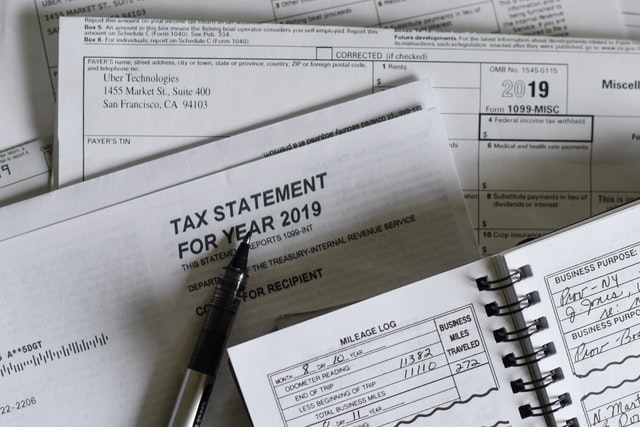Property taxes vary by the assessed value of your property. The tax assessment is a specific percentage of the market value of your property. The market value of your real estate will vary from year to year, which is why your taxes will change as well. In addition, the percentage of tax (often referred to as the “tax ratio”) will vary by the municipality and may change annually as well. In fact, the State Department of the Treasury sets the rate on an annual basis based on the market trends in each municipality. The change in tax assessment changes each year on October 1 in New Jersey.
While New Jersey has a straightforward system to determine the amount of taxes for your property, that does not necessarily mean that the taxing authorities always get the tax right. When you disagree with a tax valuation, you have the right to file an appeal. If you are successful on your appeal, then your property taxes will be lower for the current year and may be lower in subsequent years as well.
Basics of Tax Appeals in New Jersey
Appeals must be filed by April 1 of each year. When you file a tax appeal, your case will automatically be scheduled for hearing with the County Tax Board. The municipality is the opposing party, and the municipal attorney will represent it. Your assessor or appraiser should appear to present evidence of the market value of your property as an expert witness as well.
Tax appeals hearings are always necessary unless you can work out a settlement agreement with the municipal attorney before the hearing. The agreement must be submitted for approval by the Tax Board. All hearings are public.
Proving Excessive or Discriminatory Tax
As the taxpayer, you have the burden to show that the tax assessed is excessive or discriminatory. The property tax that has been assessed is presumed to be lawful unless you can prove otherwise. You must either present a revaluation that is lower than the market rate used to compute your taxes or that the “common level” is too high for the area. Proving either or both of these elements will require the testimony of an expert witness, such as a real estate appraiser.
Showing the true value of your property in the context of a property tax appeal can be complicated, and the process can be a bit overwhelming. However, if you feel that your property taxes are too high, you have the legal right to appeal. Matus Law can be a great resource through this process. Contact our team today for more information about property tax appeals in New Jersey and how we can help.



